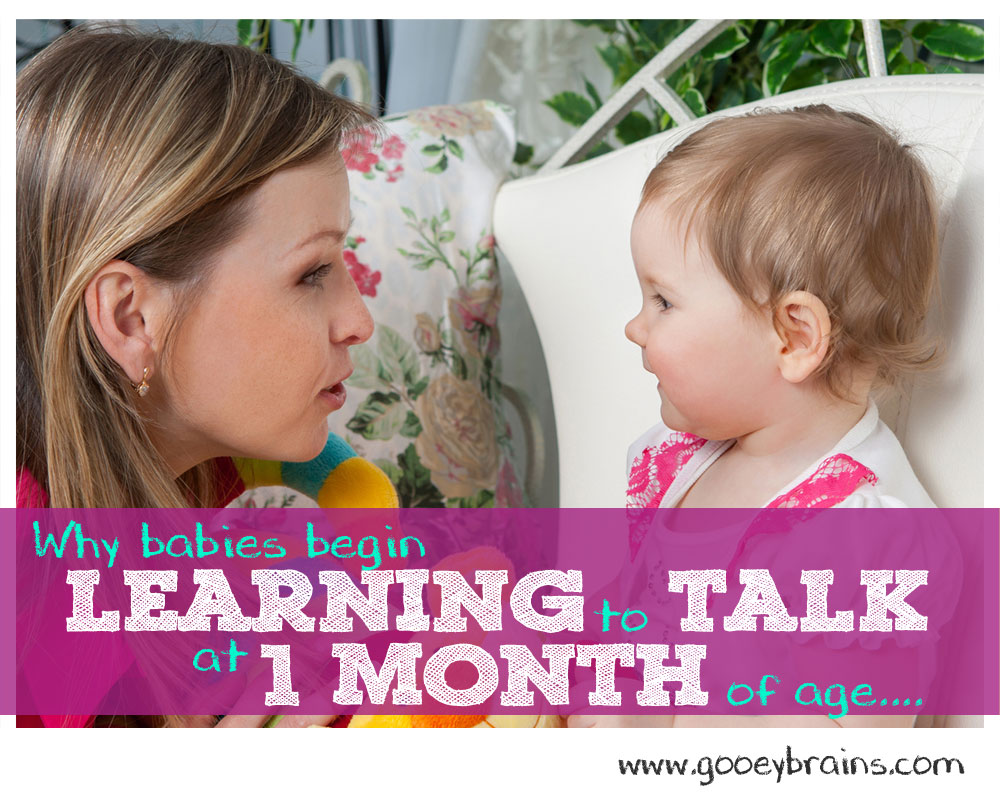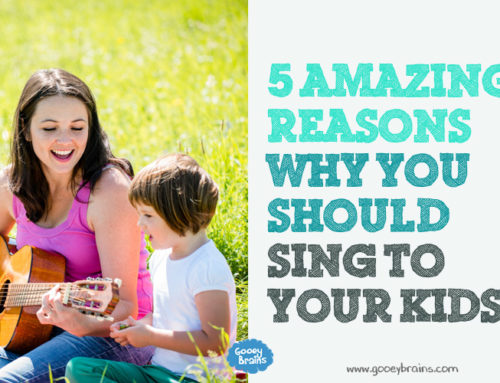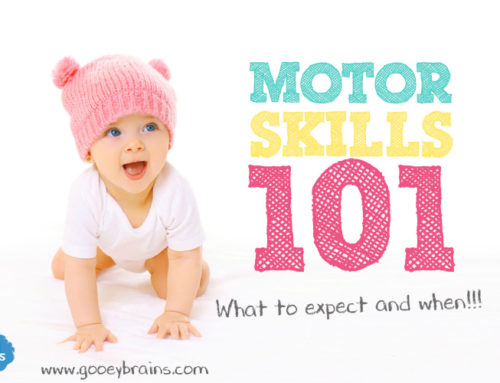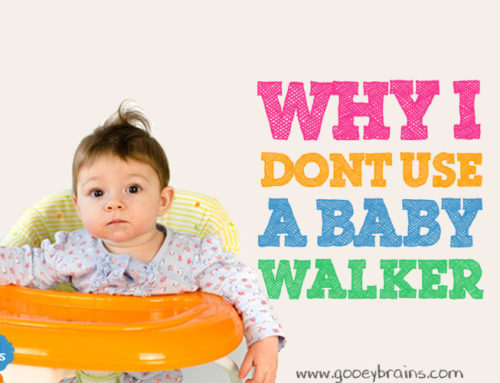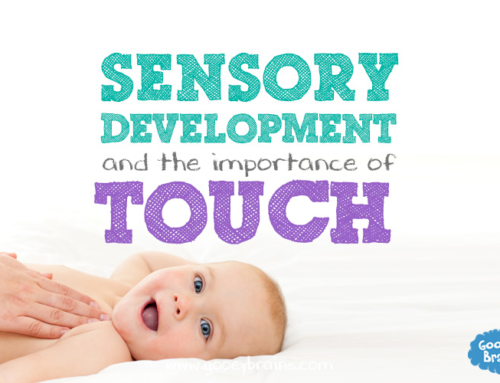It may surprise you to know that while babies wont start saying their first words for the first year or two they actually begin learning language after their first month.
They do this by learning phonemes….
Phonemes are the sounds used to create words and they are important because they are the first things children absorb when learning language.
Every language in the world is made up of a large combination of words and these words are made from diverse combinations of phonemes. Every language contains a different amount and combination of phonemes. For example, the English language has 44 phonemes whereas Hebrew contains 108. When learning to speak children begin by detecting and identifying phonemes from as early as 1 month old by listening to the people around them.
What are some examples?
The word ‘gooey’ for example is made up 3 phonemes they are ‘g’, ‘oo’, and ‘e’, these are the sounds that when put together in the right order create the word gooey.
Now, our brains have become very good at identifying variations in phonemes. Take for example the two words ‘pat’ and ‘pot’. These words have vastly different meanings but the only difference between them is the middle phoneme, which is either an ‘a’ or ‘o’ sound.
Our brains use this ability of detecting slight differences in the phonemes to create the thousands of words that make up our languages. We become highly tuned to recognising these variations in speech so that we can interpret language correctly.
There are two types of phonemes:
- Vowel Phonemes
- Consonant Phonemes
Each language uses a number of consonant and vowel phonemes. The English language for example has 20 vowel and 24 consonant phonemes.
Click here for the full list of phonemes in the English language
If you were to combine all the languages in the world you would have around 600 different consonant phonemes and around 200 different vowel phonemes.
What does this mean?
It means that even infants who are 1 month old benefit from being around language!
Here are some things you can try at home:
- Talk to your child
- Read books to your child
- Have your child around group conversations
- Sing songs to your child
- Practice sounds and noises with your child
It is important that these interactions are in person, your TV, tablet or other electronics won’t have the same positive effects.
References
(Eimas, Siqueland, Jusczyk and Vigorito, 1971)

